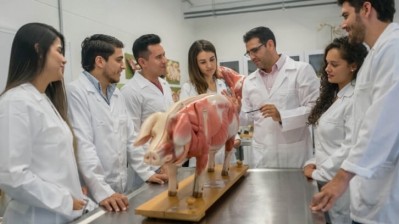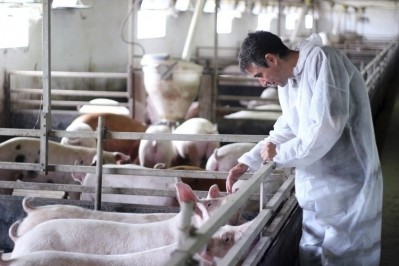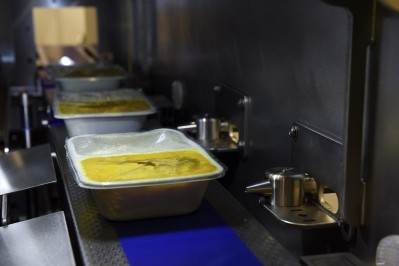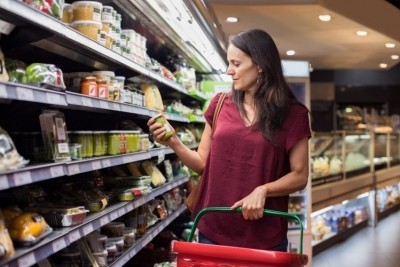Food Standards Agency to employ 25% of Official Vets
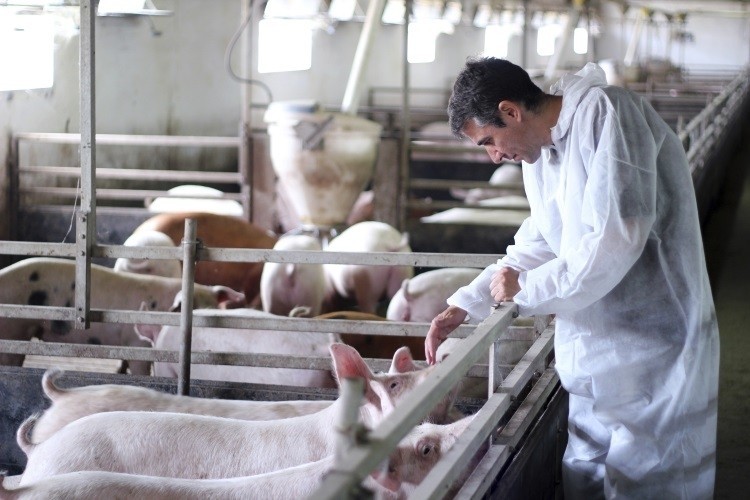
Simon Tunnicliffe, acting director of operations at the FSA said it was critical that a more sustainable and futureproofed resourcing model was put in place to maintain resilience in the meat inspection regime.
“We remain committed to developing the roles of frontline OVs and Meat Hygiene Inspectors (MHI’s) to achieve our ambition of a supported, sustainable, resilient and flexible workforce and we believe this hybrid resourcing model will support this,” he continued.
Service providers
“The FSA will be continuing to work with Eville & Jones – our service delivery partner – who have worked hard to address resourcing challenges and will continue to provide OVs and MHI’s who remain vital in ensuring that food businesses deliver the highest level of animal health and welfare, and that food remains safe for consumers.”
The ongoing increased demand for veterinary skills in the UK has been driven by a number of factors, not least the UK’s split from the EU and the widespread chaos caused by the COVID-19 pandemic.
Changes to the Royal College of Veterinary Surgeons (RCVS) registration requirements for overseas vets following Brexit – such as the English language requirements for EU graduates – have also hindered uptake of overseas vets.
Temporary measures
In November, FSA chief operating officer Colin Sullivan told Food Manufacture temporary registration arrangements overseen by the RCVS – allowing approved and accredited vets to apply to the Temporary Register to carry out Meat Official Controls – would need to be extended to help fill gaps in labour.
Sullivan called for long-term solutions to the crises, but did note that the number of vets coming through was increasing, according to its service delivery partner.
Meanwhile, maintaining enough workers to keep businesses viable has been 'the overwhelming concern' for meat wholesalers in 2021, according to Alan McNaughton, president of the Scottish Association of Meat Wholesalers.

